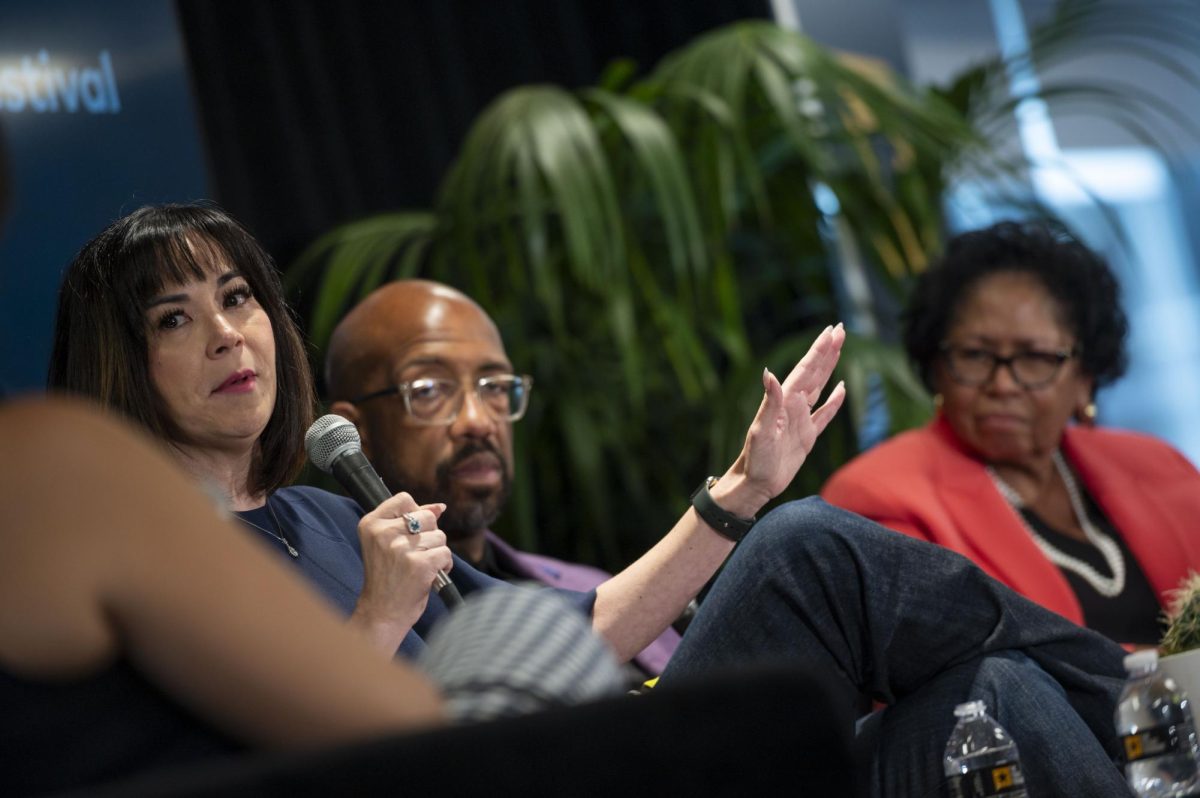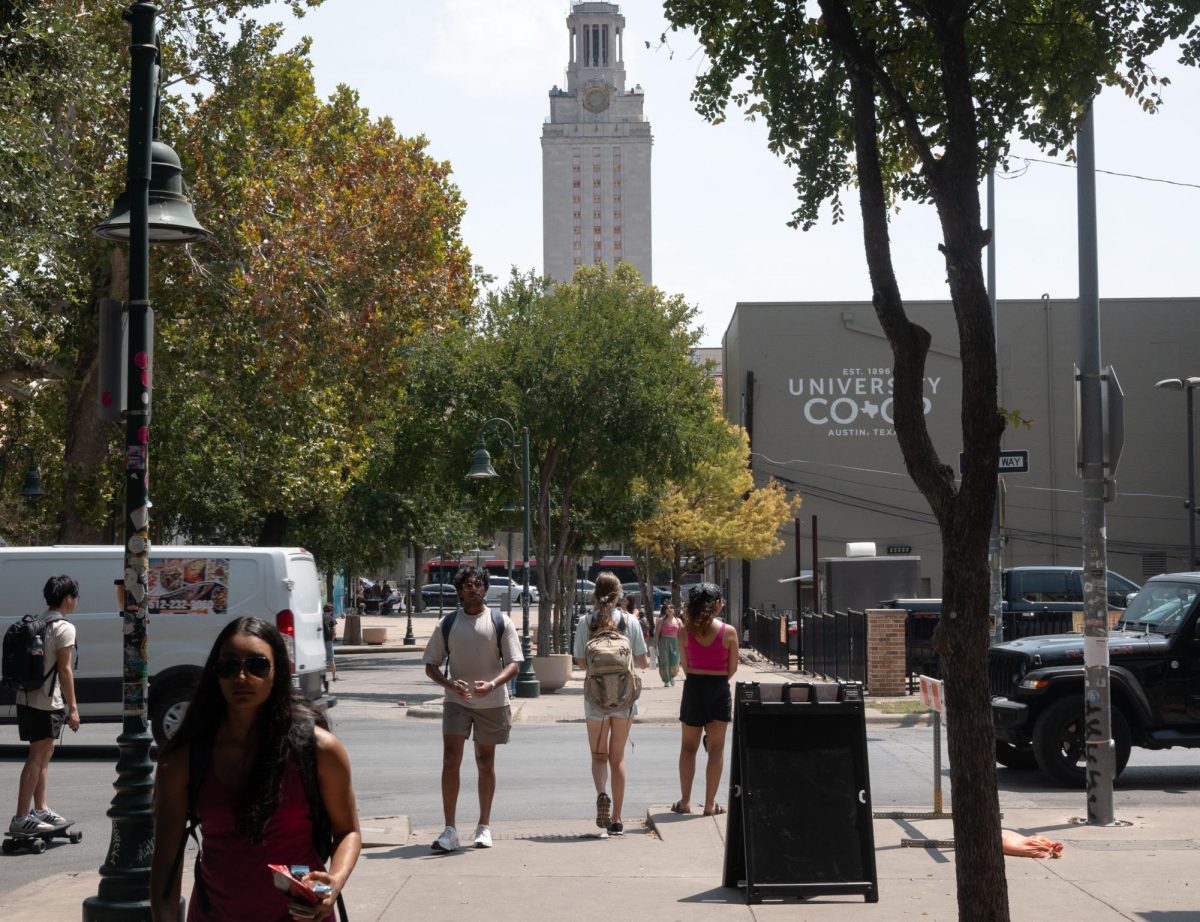Students who experienced a drug overdose in the past may have hesitated to call for medical help due to fear of repercussions, but the UT System recently changed its policy to encourage students to seek medical assistance when necessary.
Previously, the UT System medical amnesty policy only covered alcohol poisoning but was extended Wednesday to include drug overdose. Now students who overdose on drugs can receive protection from University charges after they participate in a rehabilitative process.
The change in policy was proposed by the UT branch of Students for Sensible Drug Policy (SSDP), an organization concerned about the impact drug abuse has on communities, according to the organization’s website.
Stephanie Hamborsky, president of UT SSDP and biology and Plan II senior, said the organization wanted to challenge the perception that alcohol abuse is more acceptable than other drugs.
“Binge drinking is something that’s accepted as a social ritual and a behavior that isn’t stigmatized,” Hamborsky said. “We wanted to push back on the idea that alcohol is more acceptable, because alcohol can be very damaging. It’s more palatable for people to be granted amnesty for alcohol, but not as much for other illicit substances [such as cocaine] because of the stigma.”
Hamborksy said SSDP wrote the bill and found sponsors within Student Government (SG). After the bill was passed within SG, it was brought before UT System, where UT lawyers rewrote the language of the policy.
SG President Xavier Rotnofsky said the policy will allow students to participate in a rehabilitative process instead of receiving punishment through Student Judicial Services.
“There’s a rehabilitation process, and a student has to apply for amnesty,” Rotnofsky said. “You have to fulfill certain requirements to successfully get amnesty, and it’s rehabilitative, not a punishment.”
Taral Patel, SG chief of staff and neurobiology and government senior, said the policy protects against charges from the University but does not include possible charges from the city or state.
“It’s up to the police officer’s discretion [to press criminal charges], but if it’s a life or death situation, they will usually not charge but make sure they get medical help,” Patel said.
Hamborsky said granting full medical amnesty allows students to feel comfortable calling for help in any emergency.
“People shouldn’t be punished more for using one illicit substance over another,” Hamborsky said. “The fear of legal repercussion will deter students from calling for help, and [the extended policy] eliminates that barrier for students.”
Some questioned whether the bill would encourage student drug use, but Hamborsky said extending the medical amnesty policy will not create more drug users.
“For example, distributing condoms will not cause people who were not previously having sex to start now,” Hamborsky said. “People who use drugs now will continue using drugs, and having the ability to call for help will allow them to get medical treatment.”





















